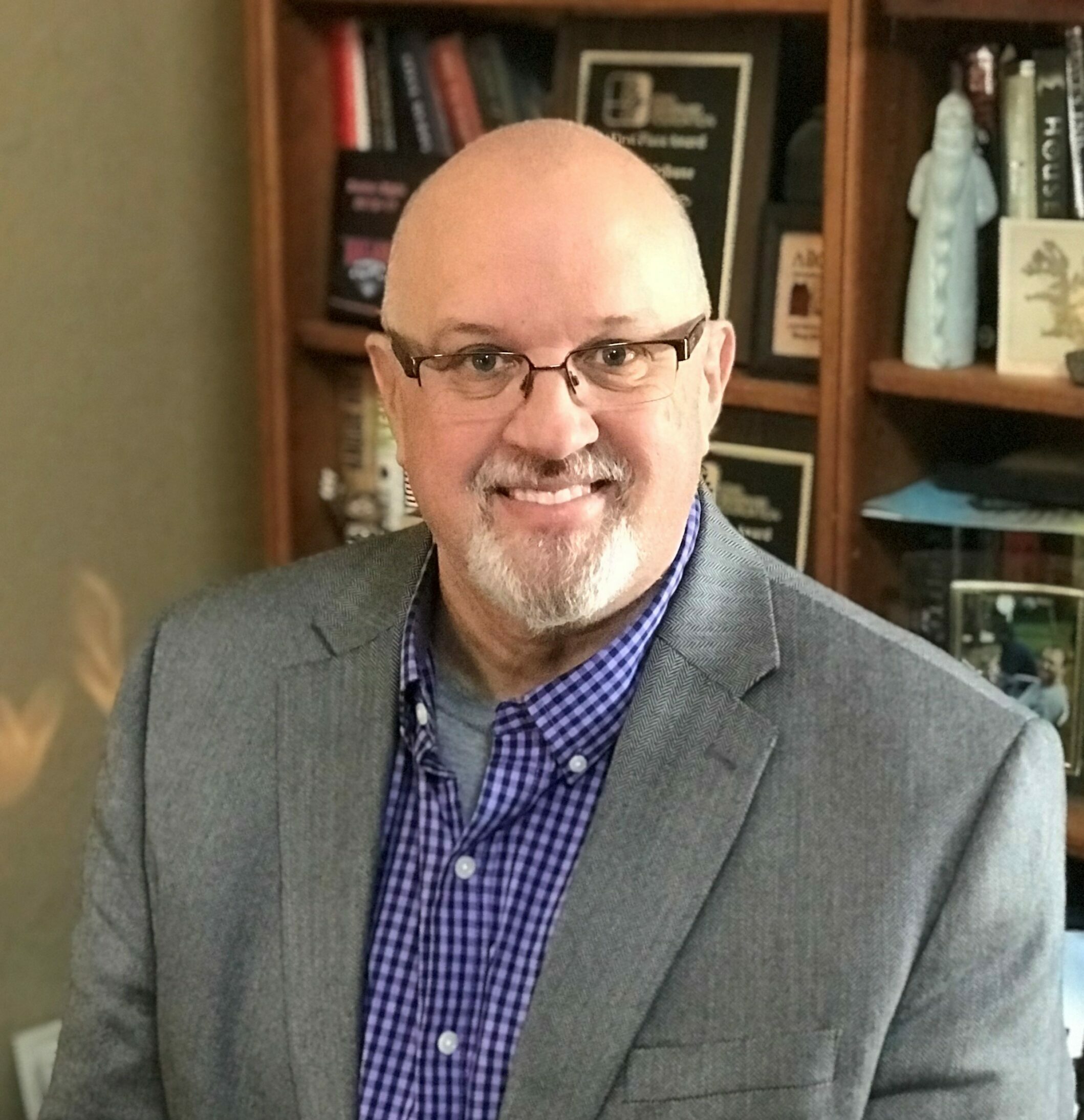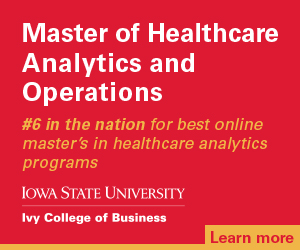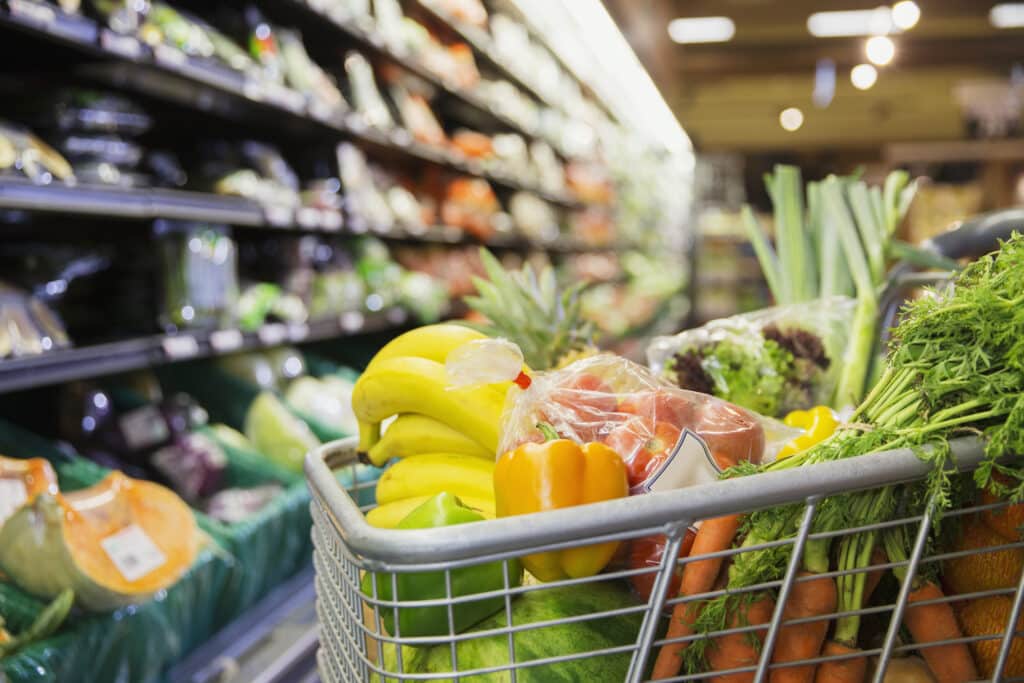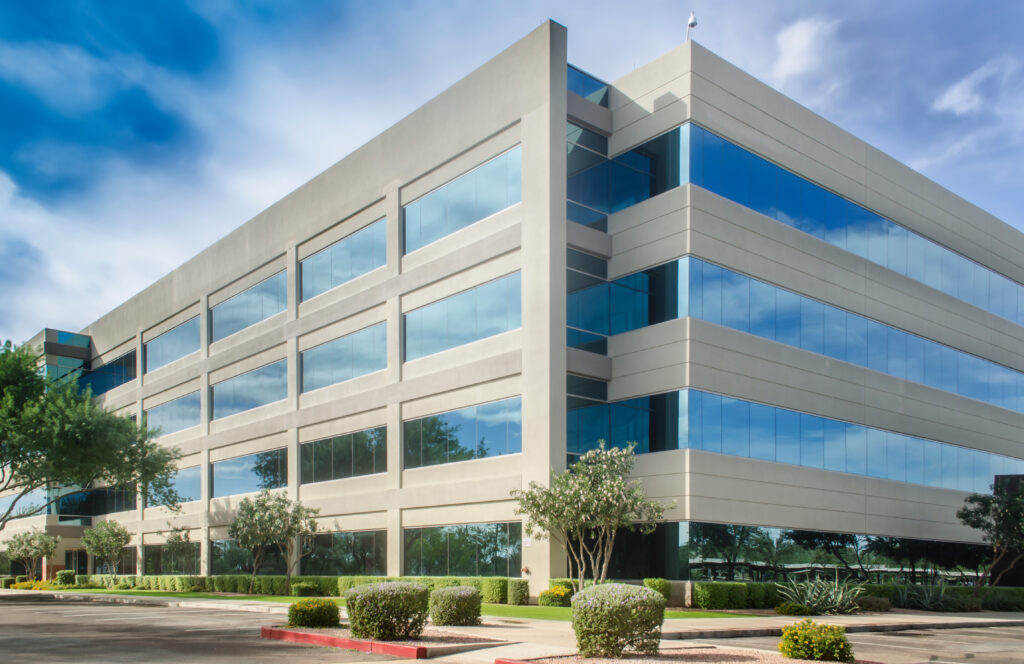Founders of Svalbard Global Seed Vault named 2024 World Food Prize laureates

Michael Crumb May 9, 2024 | 11:31 am
4 min read time
990 wordsAll Latest News, Nonprofits and Philanthropy
Two scientists who helped create the Svalbard Global Seed Vault in Norway and conserve more than 6,000 crop species and culturally important plants were named this year’s winners of the World Food Prize.
Geoffrey Hawtin, of the United Kingdom, and Cary Fowler, of the United States, were named the 2024 World Food Prize laureates during a ceremony this morning at the U.S. State Department in Washington, D.C. They will be officially recognized during the 2024 Borlaug Dialogue, scheduled for Oct. 29-31 in Des Moines. They will share the $500,000 prize.
Together, as researchers, policy advisers and advocates, Hawtin and Fowler have engaged governments, scientists, farmers and society in the conservation of crop species and plants for the past 50 years. Hawtin and Fowler are considered the foremost experts on global crop diversity and genetic resources needed to fight global food insecurity and other threats.
According to the World Food Prize Foundation, they have been involved in the most important innovations in plant genetic resources, and in the operation and funding of crop genebanks around the world. Genebanks are critical resources for scientists who develop improved varieties of the world’s most important crops.
“They recognized early on that crop diversity and genetic resources are absolutely essential to the long-term global food security in face of climate change, and other existential threats,” World Food Prize President Terry Branstad said during the announcement in Washington. “More than anyone else, these laureates have together shaped the global system we now have for protecting, sharing and utilizing crop diversity for the benefit of humanity.”
The World Food Prize was founded in 1986 by Norman Borlaug, who won the Nobel Peace Prize in 1970 for his work to improve the world’s food supply. It recognizes an individual whose work and innovation have helped fight hunger worldwide. Borlaug, a Cresco, Iowa, native who was known as the father of the Green Revolution, died in 2009.
The laureates
Hawtin began working with the International Center for Agricultural Research in the Dry Areas in the 1970s. He led teams in Afghanistan, Ethiopia, Syria and Turkey, collecting local varieties of lentils and legumes.
Later, as director general, he transformed the International Plant Genetic Resources Institute into an independent, multidimensional CGIAR (Consortium of International Agricultural Research) center. He tripled the budget and led the development of diverse research programs around the world. In 1994, he convinced the CGIAR centers to sign an agreement with the United Nations Food and Agriculture Organization (FAO), placing their germplasm collection in trust for the benefit of everyone.
Fowler wrote the first funding proposals for the Livestock Conservancy and for the Seed Savers Exchange in Decorah while he was program director at the National Sharecroppers Fund. He later served as head of the secretariat of the FAO’s International Conference and Program for Plant Genetic Resources; he prepared the UN’s first assessment of the world’s plant genetic resources. He has also led research, drafting and participatory negotiations that resulted in 150 countries adopting a global action plan to conserve and use resources for agriculture.
Both men were critical in establishing the Svalbard Global Seed Vault in Norway, which now safeguards more than 1 million crop and plant varieties. It represents the world’s largest and most diverse collection of crop biodiversity, and is considered a crowning achievement in the careers of Fowler and Hawtin, according to the laureate announcement.
In a news release, World Food Prize officials call the men the “fathers” of the Global Seed Vault. In the release, officials said the vault was the “brainchild” of Fowler, and that Hawtin served as a member of the original study team to determine its viability and drew up its technical specifications.
Anne Beathe Kristiansen Tvinnereim, Norway’s minister of international development and Nordic cooperation, said Fowler’s contributions to food security “are truly global and entrepreneurial in scale, scope and design – changing people’s lives.”
“One of his many legacies, the global seed vault at Svalbard in Norway, will benefit generations to come and his name will linger on,” she said in the prepared statement.
Stefan Schmitz, executive director, Global Crop Diversity Trust, said the seed vault is “not only the icon, but the backbone of a growing global network of genebanks.”
“Hawtin and Fowler have been instrumental in ensuring that all these genebanks, the treasure troves of plant genetic resources, have an ultimate backup in the Seed Vault in Svalbard, and have also paved the way for the diversity of crops in these genebanks to be utilized by researchers, plant breeders and farmers,” Schmitz said in the prepared statement.
In their respective roles, Fowler and Hawtin also represented CGIAR in the long-running negotiations on the International Treaty on Plant Genetic Resources for Food and Agriculture, also known as the Plant Treaty, which formalized the diversity of 64 food and forage crops housed in genebanks, ensuring the protection of the plant genetic resources for food and agriculture.
Hawtin founded the Global Crop Diversity Trust, or Crop Trust, and raised tens of millions of dollars to provide funding for genebanks. Fowler took over leadership of the Trust in 2005, further expanding funding and broadening its mission.
U.S. Secretary of State Antony Blinken said the work done by Hawtin and Fowler is even more critical today as more than 700 million people around the world are experiencing hunger.
“Through their extraordinary work, Geoff and Cary have not only helped protect these plants, they’ve also brought the global community together to strengthen the foundation of our agriculture,” Blinken said during the announcement ceremony. “Today, that is more important than ever. Largely because of climate change and conflict, our global food systems are under unprecedented stress.”

Michael Crumb
Michael Crumb is a senior staff writer at Business Record. He covers real estate and development and transportation.










